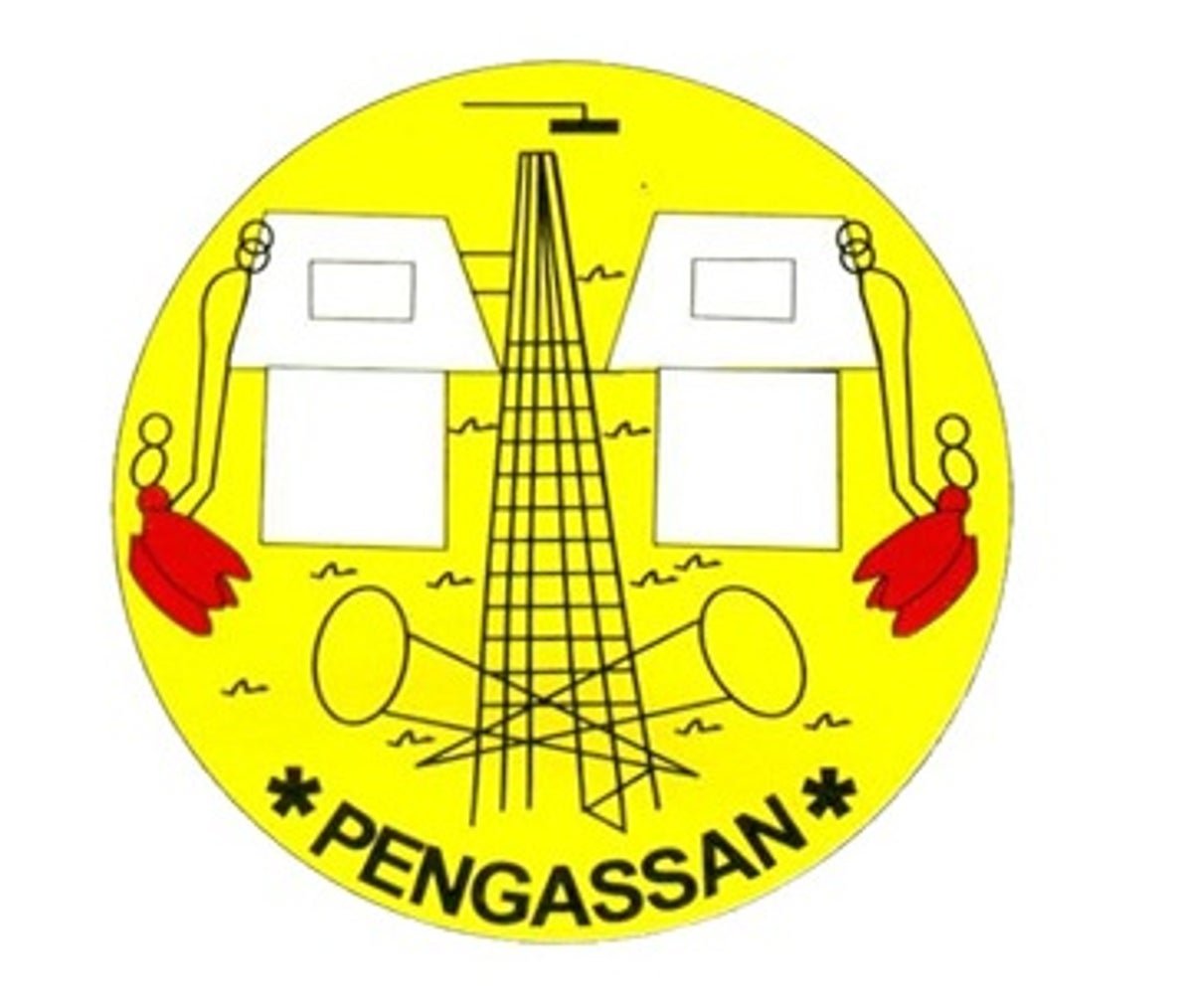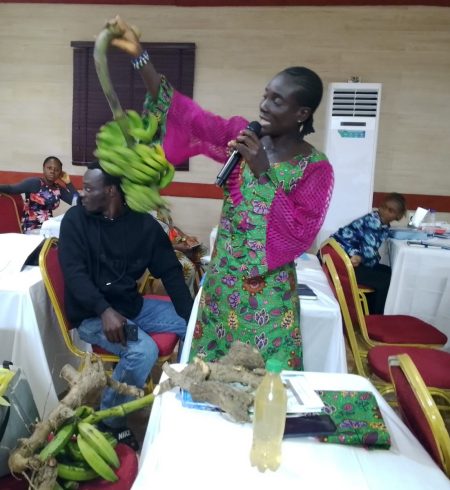 Ike Amos
Ike Amos
Abuja — Oil workers in the Ministry of Petroleum Resources, under the aegis of the Petroleum and Natural Gas Senior Staff Association of Nigeria, PENGASSAN, Thursday, wrote to the Federal Government, explaining their position on the attempt by the Ministry of Finance, Budget and National Planning to forcefully migrate their members to the Integrated Payroll and Personnel Information System, IPPIS.
The workers, who had commenced a three-day warning strike, Wednesday, comprise staff of the Department of Petroleum Resources, DPR; Petroleum Products Pricing Regulatory Agency PPPRA; Petroleum Equalisation Fund, PEF; Petroleum Training Institute, PTI; and Nigerian Nuclear Regulatory Agency, NNRA, among others.
In the letter to the Minister of Labour and Productivity, General Secretary of PENGASSAN, Comrade Lumumba Okungbowa, stated that the DPR, PPPRA and the other agencies under the MPR superintends the entire spectrum of the Nigerian oil and gas industry and by implication maintains physical presence in all oil and gas installations and services, thereby, tying their terms and conditions to the dynamic and complex operations of the oil and gas industry.
He maintained that the issue of ghost workers, which had been touted as one of the reasons for compelling the workers to migrate to IPPIS, had never been a problem in these agencies, adding that several audits conducted both within and outside the Ministry of Petroleum Resources attested to this fact.
He said: “The DPR operates the same conditions of service with the Nigerian National Petroleum Corporation, NNPC, and run same laudable and robust payroll system. The parameters of this payroll system would not fit into the IPPIS template.
“NNPC and the DPR also operate the same closed pension scheme, which implies that they have common assets and liabilities; therefore, moving DPR to the IPPIS would hamper the fulfillment of its obligations to NNPC Closed Pension Scheme.
“Staff of these agencies at various Zonal offices runs multi-purpose cooperative societies that are registered under the various State Ministry of Agriculture and Cooperatives. The cooperatives have certain financial obligations to fulfill, which would be impossible once the Department migrates to the IPPIS.
“Besides, these cooperative societies are funded by savings of members, which are usually deducted at source. The societies offer loans to staff at low interest rates and also help staff to secure external bank loans at reasonable interest rates.
“These running loans of staff to the societies and other banks are usually repaid monthly at source, adding that moving DPR to IPPIS would result into non repayment of these loans, which of course may result into liabilities that would be difficult to manage.”
Okungbowa further stated that key aspects of their Collective Bargain Agreement, CBA, such as car loans, compassionate loan, among others, would be difficult to implement through the IPPIS, mainly because the negotiations are carried out in March of every two years and subsequently implemented.
He said: “The yearly 12 payroll (calendar) runs, there are two additional runs catering for end of the year benefit and the bonuses in line with the approved conditions of service.
“Staff upfront and monetized benefits are payable 1st January every year. Tea and meal allowances are paid monthly, while confectionary allowances are payable quarterly; this could not be captured through the IPPIS.
“Gratuity payment as obtainable in NNPC is an integral part of the conditions of service for which appropriate template is currently not available on the IPPIS platform. Medical as statutory in our Condition of Service has no template in the IPPIS.
“In view of the above, these should be exempted from the IPPIS. We kindly invite the Honourable Minister Labour and Productivity to note the above observations, take the lead and advice the Accountant-General of the Federation and Minister of Finance appropriately on the need for the exemption so as to avert industrial disharmony in the oil and gas industry.”



